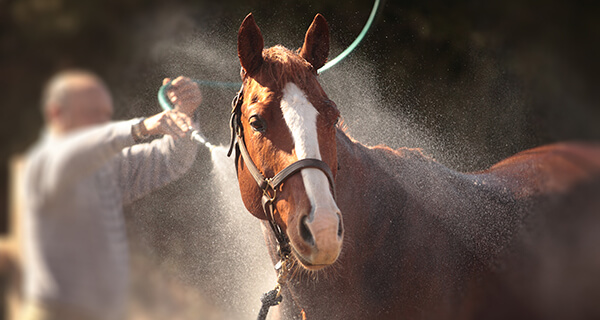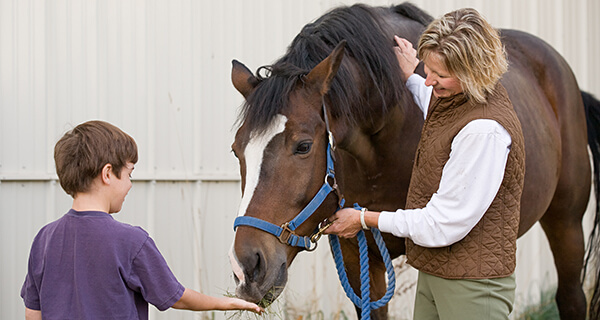Sales Tax Implications for Equine Transactions
Equine transactions involve complex sales tax considerations that vary significantly by state jurisdiction. Horse sales, breeding services, boarding fees, and training services may be subject to different tax treatments depending on local regulations and the specific nature of the transaction.
Many states classify horses as livestock, which may qualify for agricultural exemptions under certain circumstances. However, luxury or recreational horse purchases often face standard sales tax rates. Understanding these distinctions is essential for both buyers and sellers to ensure proper tax compliance and avoid unexpected liabilities.
Professional equine businesses must also navigate use tax obligations when purchasing equipment, feed, or services from out-of-state vendors. Proper documentation and understanding of interstate commerce rules help ensure compliance while maximizing legitimate tax savings opportunities.




